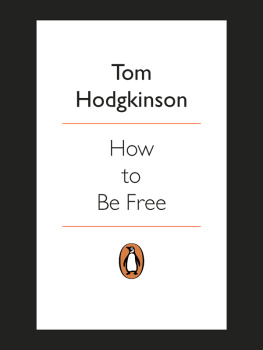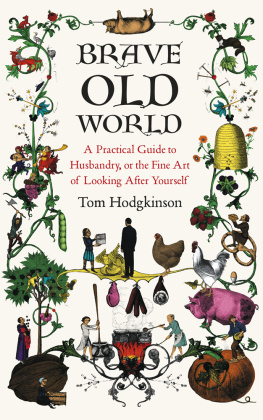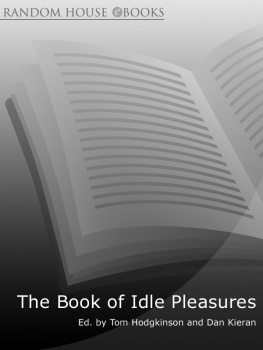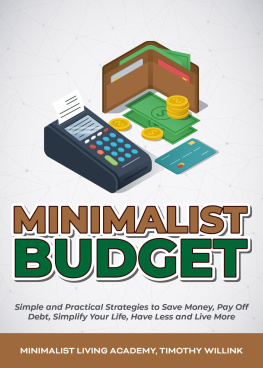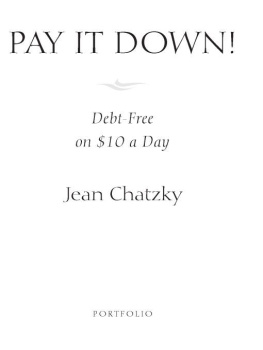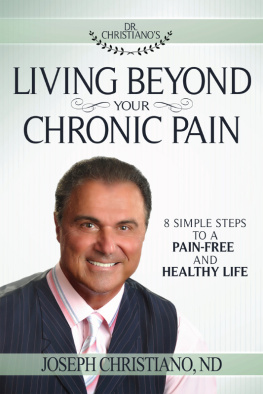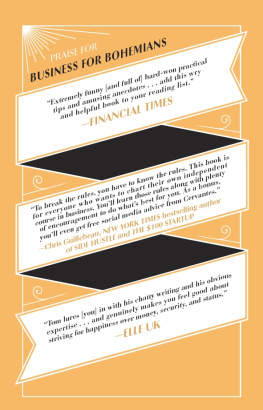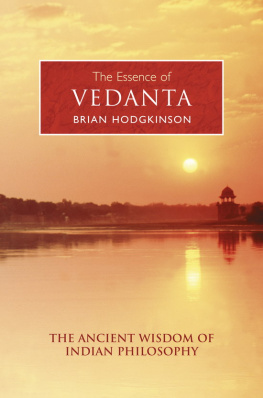The Freedom Manifesto
Tom Hodgkinson
Publisher: Harper Perennial (December 18, 2007)
ISBN-10: 0060823224
Introduction
In every cry of every Man, In every Infant's cry of fear, In every voice, in every ban, The mind-forg'd manacles I hear.
William Blake, Songs of Experience, 'London', 1794
This is a book about good living, and at its heart is a simple truth: when you embrace Lady Liberty, life becomes easier, cheaper and much more fun. My intention is to show you how to remove the mind forg'd manacles and become free to create your own life. After finishing my last book, How to be Idle, I realized that idleness is, for me, virtually synonymous with freedom. To be idle is to live free. To be idle is to live by your own rules. To be idle is to unify what has been split up.
I have tried to bring together three strands of thought into a philosophy for everyday life; these are freedom, merriment and responsibility, or anarchy, medievalism and existentialism. It's an approach to life that is also known as having a laugh, doing what you want. The Western world has allowed freedom, merriment and responsibility to be taken from it, from ourselves, and substituted with greed, competition, lonely striving, greyness, debts, McDonald's and GlaxoSmithKline. The consumer age offers many comforts but few freedoms. Governments by their very nature make endless attacks on our civil liberties. Health and Safety is wheeled out as an excuse to extend government powers.
In seeking freedom, I would define myself as an anarchist. In anarchy, contracts are made between individuals, not between citizen and state. It proceeds from a view that people are basically good and should be left alone rather than from the Puritan view that we are all evil and need to be controlled by authority. In the Middle Ages, despite the hierarchies, we used to organize things for ourselves. The vast majority of the manacles discussed in this book had not been invented. Life was self-determined and full of variety.
What we need now is a radical redefinition of human relationships, one based on local needs rather than the greed of global capitalism. Our lives have been split into a million fragments, and our goal now is to bring them back together into unity and harmony. In this aim we are helped not only by the example of the medieval system and the anarchists and the existentialists but also by a whole series of humane figures through history. Witness will be borne by Aristode, St Francis of Assisi, St Thomas Aquinas, the Romantics, William Cobbett, John Stuart Mill, John Ruskin, William Morris, Oscar Wilde, the back-to-the-landers, Chesterton, Eric Gill and the Distributists, Bertrand Russell, Orwell, the Situationists, the Yippies, the punks and 1970s radicals such as John Seymour, Ivan Illich and Schumacher. All form part of the long history of promoting the idea of cooperation, through which true freedom is possible, rather than competition. As we will see, there is a strong tradition out there of rejecting money, property and business as the primary objects of life. The aim is to stop looking to others to sort out our lives for us and instead to trust ourselves to do it. We are free spirits. We resist interference and we resist interfering with others.
In this book, I look at the barriers to freedom and how we can free ourselves from anxiety, fear, mortgages, money, guilt, debt, governments, boredom, supermarkets, bills, melancholy, pain, depression and waste. We ourselves have given these enemies power over us and only we can remove that power. It is useless to sit around moaning and hope that someone else is going to do that job for us. When we realize that these impediments are one and all mind-forg'd, then, lo! See the door to the garden of liberty swing open.
Life is about recapturing lost freedoms. Through school and work, we encourage each other to believe that we are not free and that we are not responsible. We create a world of obligations, duties and things to be done. We forget that life should be lived with spontaneity, joy, love. Here, I look to the past for ideas for the future. The Greeks looked back to the Golden Age, the Romans to the Greeks, Virgil and Ovid to a bucolic idyll. The medievals also looked back to the Greeks and a simpler life. Indeed, a feature of every age is its construction of an 'olden days' when people were happy and things were easier. Harking back to an imagined ideal past is not mere escapist nostalgia. It is, on the contrary, a method of moving forward, of deciding on our priorities in life. And the past is a far better place to look for ideas on how to live than the future, because the future is pure fantasy and the past actually did happen. The dream of a technological Utopia of the future where machines do all the work is a nonsense.
How to be free? Well, like it or not, you are free. The real question is whether you choose to exercise that freedom: there is an essential nothingness at the heart of man. We have created our own universe. Life is absurd. God is love. We are free.
Death to the Supermarkets Bake Bread Play the Ukulele Open the Village Hall Action is Futile Quit Moaning Make Music Stop Consuming Start Producing Back to the Land
Smash Usury Embrace Beauty Embrace Poverty Hail the Chisel Ignore the State Reform is Futile Anarchy in the UK Hail the Spade Hail the Horse Hail the Quill Love thy Neighbour Be Creative Free your Spirit Dig the Earth Make Compost Life is Absurd We are Free Be Merry
1 Banish Anxiety; Be Carefree
Live merrily, oh my friends, free from cares, perplexity, anguish, grief of mind, live merrily.Marsilius Ficinus, quoted by Robert Burton in Anatomy of Melancholy, 1621
Bring me my bow of burning gold! Bring me my arrows of desire!Blake, 'Milton', 1804
We don't care.Punk slogan, 1977
When it comes to anxiety, I'm here to say: 'It's not your fault.' Shed the burden: that dreadful, gnawing, stomach-churning sense that things are awry mixed with a chronic sense of powerless-ness is the simple result of living in an anxious age, oppressed by Puritans, imprisoned by career, humiliated by bosses, attacked by banks, seduced by celebrity, bored by TV, forever hoping, fearing or regretting. It - the Thing, the Man, the System, the Combine, the Construct, whatever we want to call the structures of power - wants you to be anxious. Anxiety suits the status quo very well. Anxious people make good consumers and good workers. Governments and big business, therefore, love terrorism - they adore it, it's good for business. Anxiety will drive us back into our comfort blankets of credit-card shopping and bad food, so the system deliberately produces anxiety while simultaneously promising to take it away.


